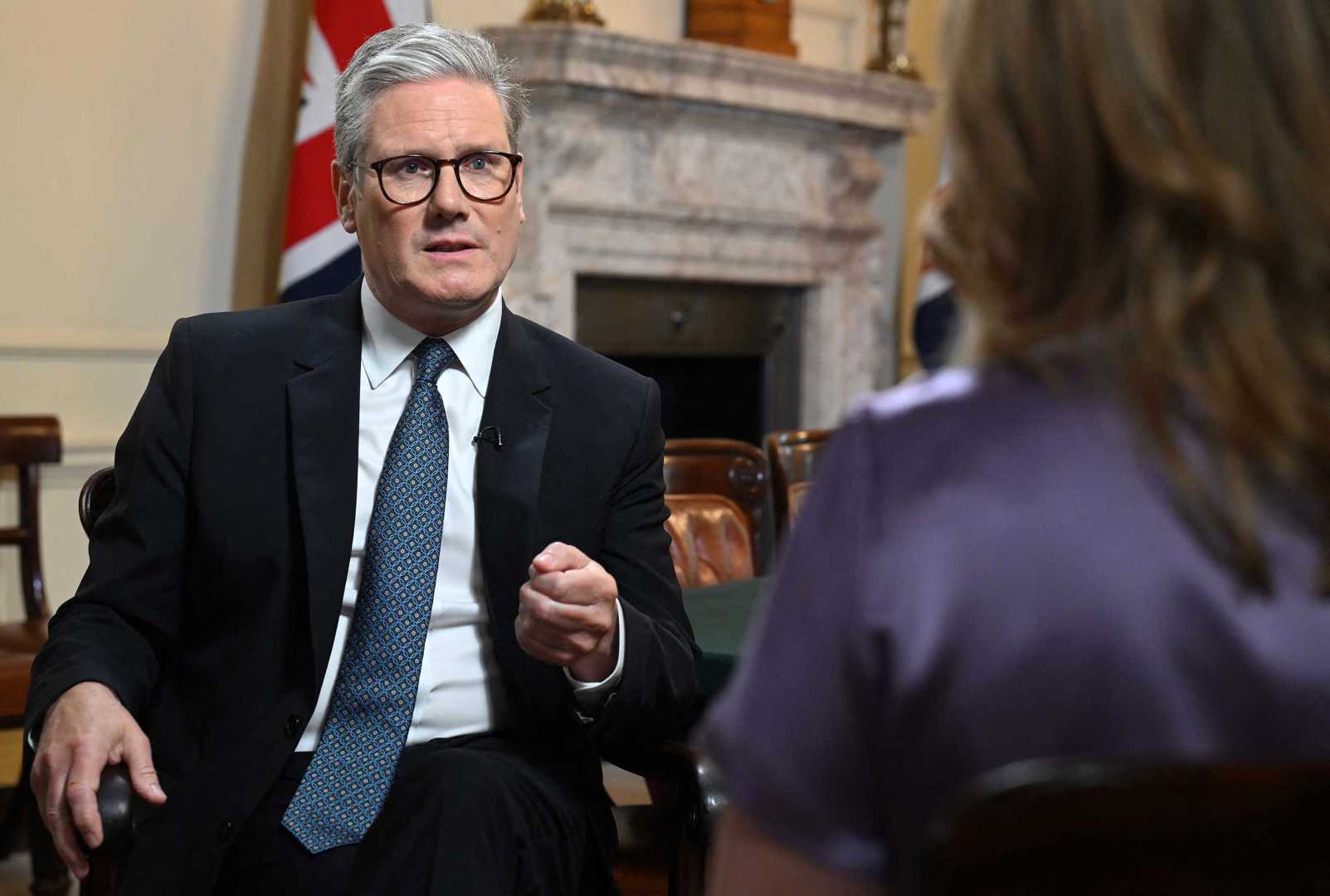News
Controversy Surrounds Labour’s Winter Fuel Payment Adjustments

Rachel Reeves‘s decision to alter the winter fuel payment scheme has been met with criticism and concern from various quarters. A recent report by the charity Age UK has warned that the changes could leave Britain’s poorest pensioners “facing potential disaster.” According to the charity, four in five pensioners who are already at the edge of poverty would lose out on these payments despite Labour’s assertion that low-income retirees will remain protected.
Critics argue that Labour has been “deliberately withholding” their own winter fuel impact assessment from Members of Parliament (MPs). The report by Age UK, published on Wednesday, has led to calls from MPs and charities urging the Chancellor to reconsider the decision to means-test the benefit, fearing the impact on thousands of pensioners and the potential strain on the National Health Service (NHS).
Shadow health minister Victoria Atkins described Labour’s decision as “cruel,” voicing concerns over the withdrawal of payments from 10 million pensioners. Atkins suggested that this move might result in “more GP appointments, more antibiotics, more ambulance call-outs and, tragically, more deaths.” She added that the Labour government’s decision could force pensioners to choose between “heating and eating,” making them vulnerable to preventable illnesses.
Age UK reported that 82% of pensioners living below or just above the poverty line are set to lose their winter fuel allowance. Additionally, more than one million disabled pensioners living in poverty would also forfeit the payment, according to the charity’s findings. The report highlighted that two-thirds of those affected live in Wales, where over 100,000 retirees are at or just above the poverty line.
Calls for action have been echoed by Welsh Conservative leader Andrew RT Davies, who criticized Labour’s decision as “unforgivable,” warning it would push many into fuel poverty. Rachel Reeves has argued that by restricting the payments to those already receiving pension credit, the Labour government aims to save £1.4bn annually while still supporting low-income households.
Yet, Caroline Abrahams, director of Age UK, refuted these claims, saying the charity’s research showed the government’s approach leaves many pensioners vulnerable. She called for an urgent review of the policy to include other benefits such as Personal Independence Payment (PIP) and Carers Allowance.
Criticism also came from within the political realm. Shadow pensions minister Mel Stride stressed that the Age UK report supports the view that pensioners below the poverty line heavily depend on the winter fuel payment. Baroness Ros Altmann also criticized Labour’s stance as “shocking,” urging the government to reconsider the decision in light of its effects on the poorest pensioners.
Amidst backlash, a government official commented that more than one million pensioners would continue to receive the winter fuel payment. A spokesperson from the Department for Work and Pensions (DWP) emphasized efforts to boost pension credit uptake, resulting in a significant increase in claims.
Martin Lewis, a prominent money expert, also entered the debate, questioning Labour’s policy in an interview with cabinet minister Lisa Nandy. Despite Labour’s efforts to enhance awareness of pension credit and increase applications, Lewis argued there was more to be done.
Labour responded by stating the changes were a difficult decision resulting from inherited public spending deficits but assured continued efforts to ensure no pensioners were left without necessary support. As the discussions continue, both pertinent stakeholders and the public await further developments on this contentious policy change.












